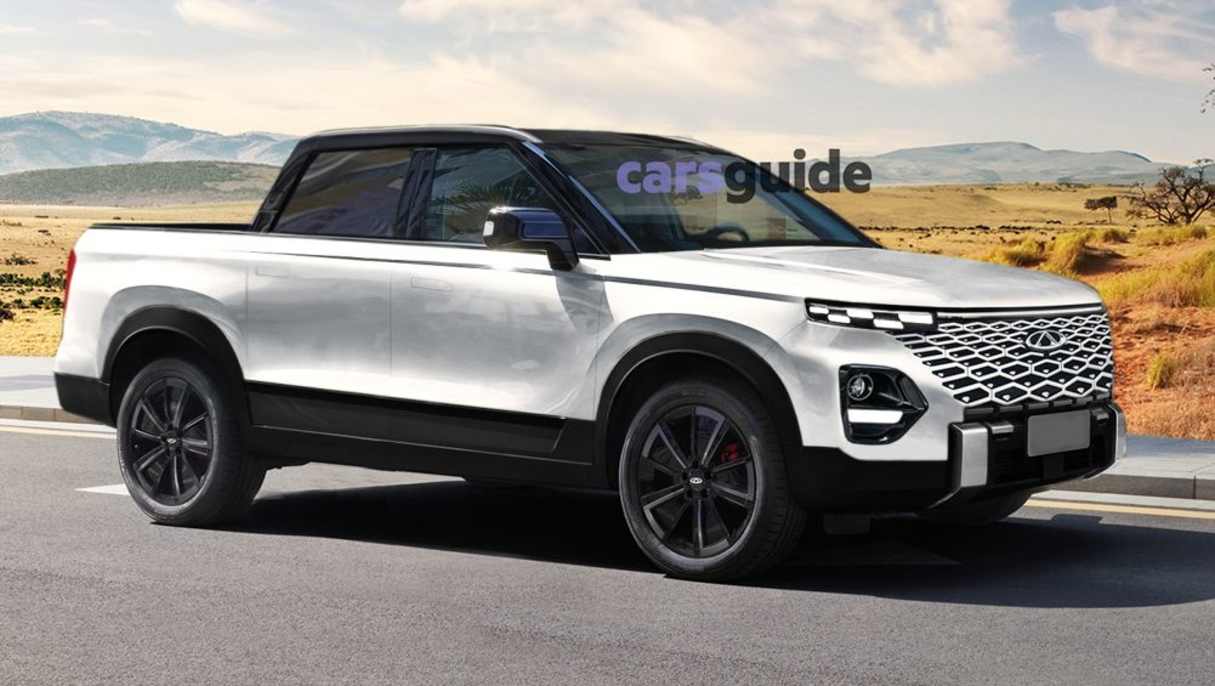Chery Australia Chief Operating Officer Lucas Harris has positioned the brand’s development of a new ute as “a no-brainer”, backing up the recent commitment to a dual-cab pick-up made by the Chinese challenger’s Vice President Zhang Guibing.
When asked about the likelihood of a ute joining the newcomer’s ever-expanding local line-up Mr Harris said, “Globally there are some platforms in development and obviously we’ll advocate for it. It’s a little too early to say but that’s a no brainer.”
His position aligns closely with Mr Guibang’s comments to CarsGuide during a recent visit to Australia.
Following the announcement of a ute to challenge the Ford Ranger and Toyota HiLux in a business conference earlier this year he acknowledged the new model’s critical importance to the marque’s success in Australia.
“In the future we will also have a pick-up, it’s now in progress – in development.”
“We know this market at the moment [is more] than 20 per cent pick-up and customers really like them,” he said.
And Chery has form in the ute space, creating Karry Auto as a specialist light commercial subsidiary in 2009.

Karry produced the Aika ute, a 2.3-litre petrol or 2.5-litre turbo-diesel five-seater based on the Isuzu TF Series Faster platform (familiar to Australians as the second-generation - 1988-2003 - Holden Rodeo) from 2012 to 2017.
It was joined by the Higgo in 2015, which offered 2.2-litre four-cylinder petrol and 2.8-litre turbo-diesel power. Both were five-seat, dual-cabs and rear-wheel drive only.
Having previously exported selected models to South America and Southeast Asia, Karry is currently confined to smaller, regional markets in China only.
Until relatively recently utes have been banned on most urban roads in China, and according to Reuters, only account for about two per cent of vehicle sales nationwide. Those that are sold are mostly for rural use, operating ‘on-farm’ only.
.jpg)
But in mid-2022, following various regional trials (running since 2016) the central city of Chongqing became the first in the country to lift the ban on pick-ups.
Other cities and provinces have since followed, and interest in utes in China has been growing accordingly, with recreational use (most often camping) the primary motivator.





_0.jpg)
.jpg)
.jpg)






.jpg)




_0.jpg)



.jpg)




.jpg)
